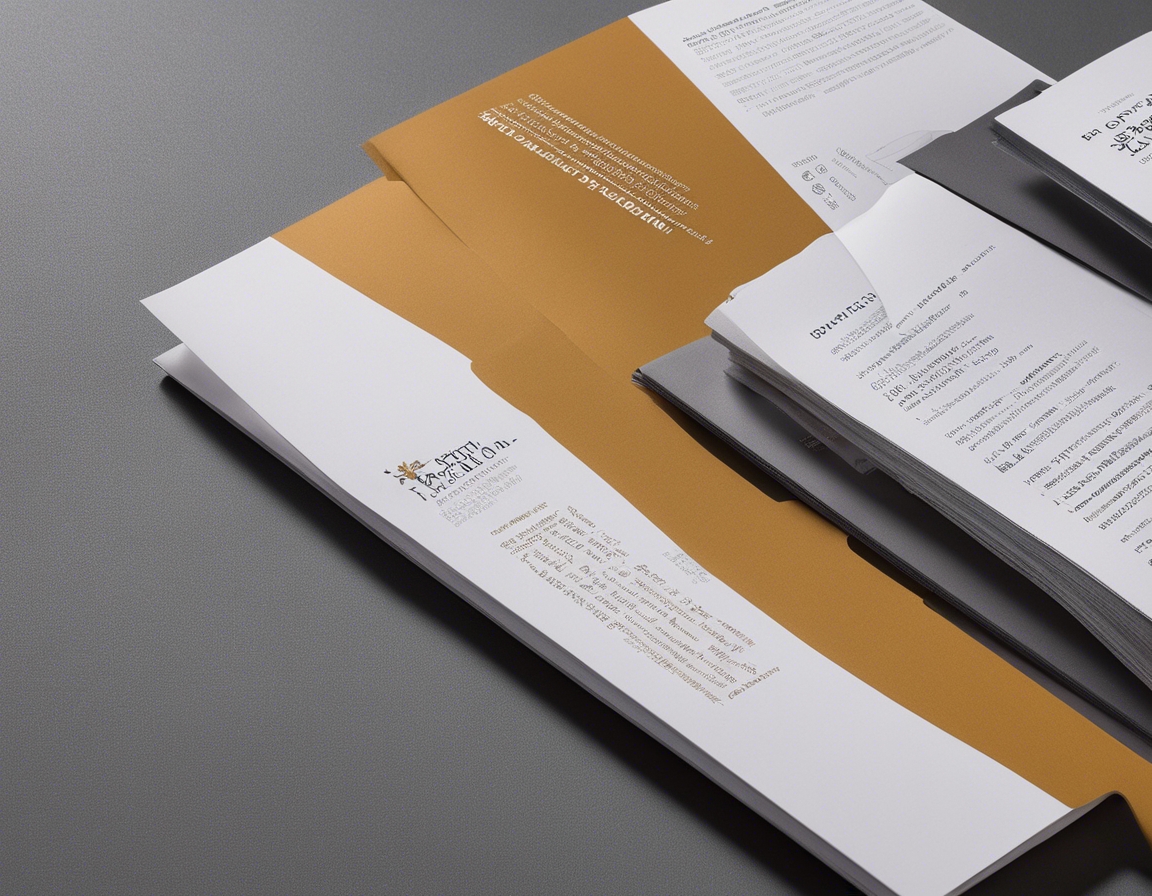Understanding estonia and finland's tax landscape for smes
Estonia is renowned for its innovative and business-friendly tax system. The country has implemented a unique corporate tax model where corporate income tax is only paid on distributed profits, not on reinvested or retained earnings. This approach encourages investment and growth, making it an attractive environment for SMEs. Additionally, Estonia offers a flat-rate individual income tax, which simplifies tax calculations for business owners and employees alike.
Finland, on the other hand, has a more traditional tax system with progressive income tax rates and corporate tax that is levied on company profits. Finnish tax law is comprehensive, with various deductions and allowances available to businesses. Understanding the nuances of Finnish tax legislation is crucial for SMEs operating within or planning to expand into the Finnish market.
Corporate Taxation for SMEs in Estonia and Finland
In Estonia, the corporate income tax rate is 0% for reinvested profits, which is a significant advantage for SMEs looking to grow their operations. However, once profits are distributed as dividends, a tax rate of 20% applies. This system incentivizes companies to reinvest their earnings back into the business, fostering a culture of innovation and development.
Finland imposes a corporate tax rate of 20% on all company profits. SMEs must navigate through a series of deductions, credits, and allowances to optimize their tax position. Understanding these regulations is essential for effective financial planning and maintaining compliance with Finnish tax authorities.
VAT Implications for SMEs
Value-added tax (VAT) in Estonia is levied at a standard rate of 20%, with reduced rates for certain goods and services. SMEs must register for VAT if their taxable turnover exceeds €40,000 in a calendar year. It's important for businesses to understand the VAT rules, including registration, filing, and reclaim processes, to manage their cash flows effectively.
Finland's standard VAT rate is 24%, with lower rates for specific categories. Similar to Estonia, VAT registration is mandatory for businesses exceeding a certain turnover threshold. Finnish VAT law can be complex, and SMEs must ensure they comply with all the requirements to avoid penalties and interest charges.
Payroll Taxes and Social Security Contributions
Estonia has a relatively straightforward payroll tax system. Employers are responsible for withholding income tax and social security contributions from employees' salaries. The social tax rate is 33%, which covers state pension and health insurance contributions. Employers also pay an unemployment insurance premium, which is a smaller percentage of the gross salary.
Finland's social security system is more complex, with various contributions required from both employers and employees. These contributions fund pensions, unemployment benefits, and other social security programs. SMEs must be diligent in calculating and remitting the correct amounts to Finnish authorities.
Tax Incentives and Exemptions for SMEs
Estonia offers several tax incentives to promote business investment and innovation. These include deductions for research and development expenses, start-up tax incentives, and special regimes for certain types of businesses. SMEs can leverage these incentives to reduce their overall tax burden and support their growth strategies.
Finland provides various tax exemptions and incentives aimed at encouraging investment and innovation among SMEs. These include R&D tax credits, energy tax rebates, and incentives for hiring certain categories of employees. Understanding and utilizing these incentives can significantly benefit SMEs operating in Finland.
Cross-Border Taxation and Double Tax Treaties
For SMEs with cross-border operations between Estonia and Finland, understanding the tax implications is critical. Both countries have rules in place to prevent double taxation and to facilitate trade and investment across borders. SMEs must be aware of these rules to structure their operations efficiently and to take advantage of tax treaties.
Estonia and Finland have a double tax treaty in place, which provides relief from double taxation on income and capital gains. This treaty outlines the taxing rights of each country and provides mechanisms for resolving taxation issues that may arise from cross-border activities. SMEs should consult with tax professionals to ensure they are benefiting from the treaty provisions.
Compliance and Reporting Requirements
In Estonia, SMEs are required to file annual reports with the Commercial Register. These reports must include financial statements and other relevant information. Timely and accurate reporting is essential for maintaining good standing with the authorities and for making informed business decisions.
Finland requires SMEs to prepare and file annual financial statements, which include a balance sheet, income statement, and notes to the accounts. Finnish tax law also mandates strict compliance with accounting standards and reporting deadlines. SMEs must ensure they have robust systems in place to meet these requirements.






Comments (1)
Businesses navigating the complexities of Withholding Tax in Qatar require precise guidance and expert support. That’s where JBA & Partner comes in. As a leading consultancy firm, we specialize in helping companies comply with Qatar’s tax regulations while minimizing financial risks. visit us https://www.jbapartner.com/en/services/taxation-services/withholding-tax-services/
Dropdown